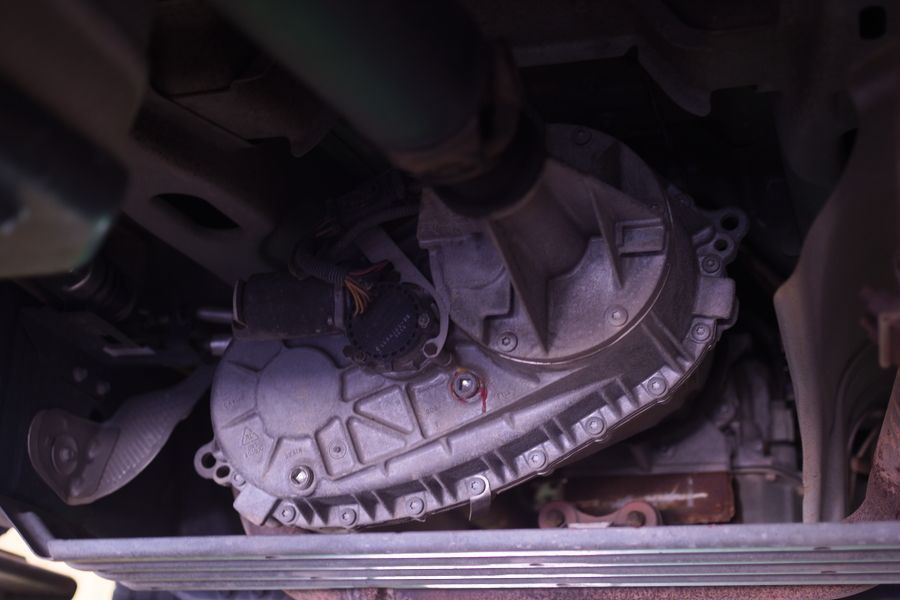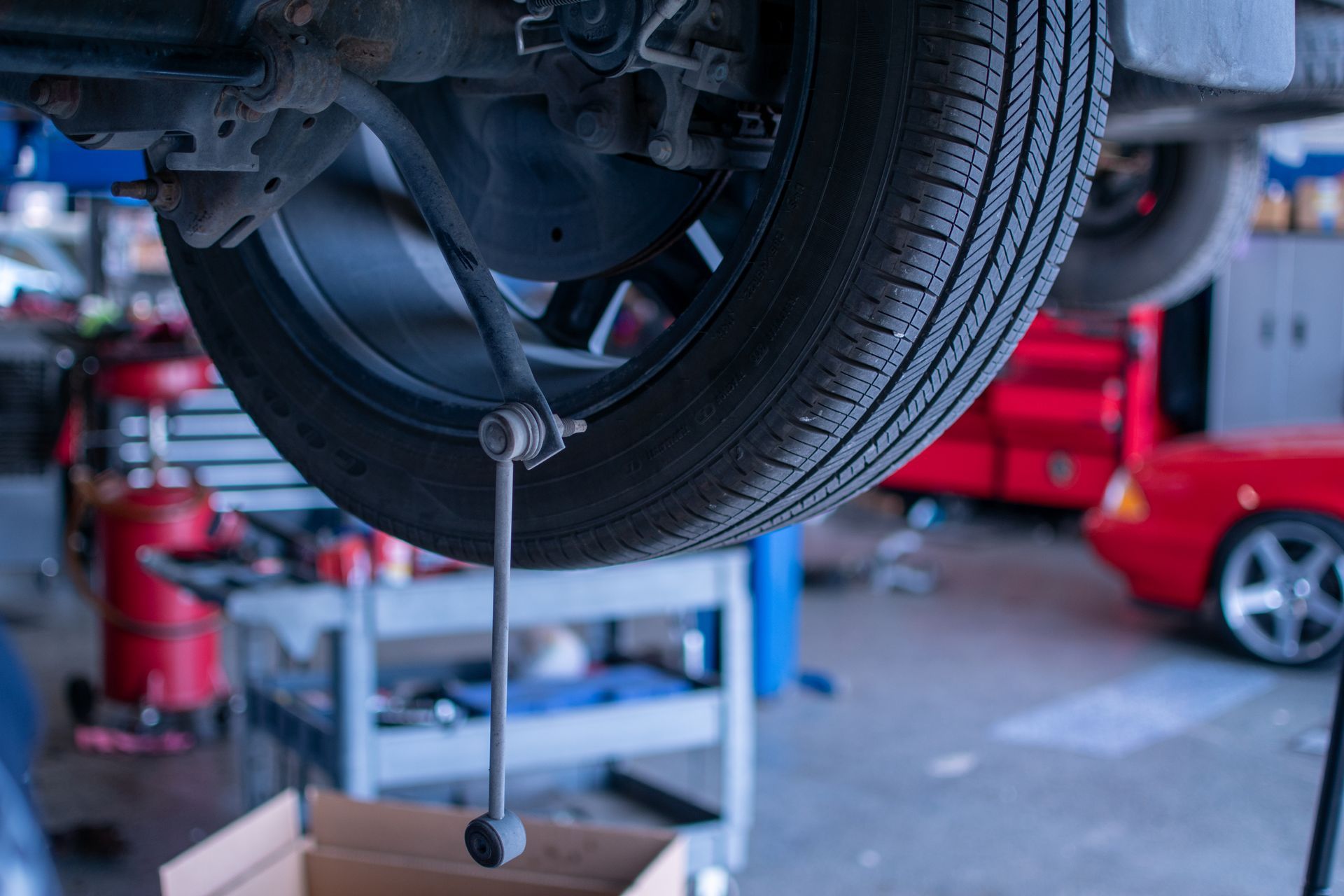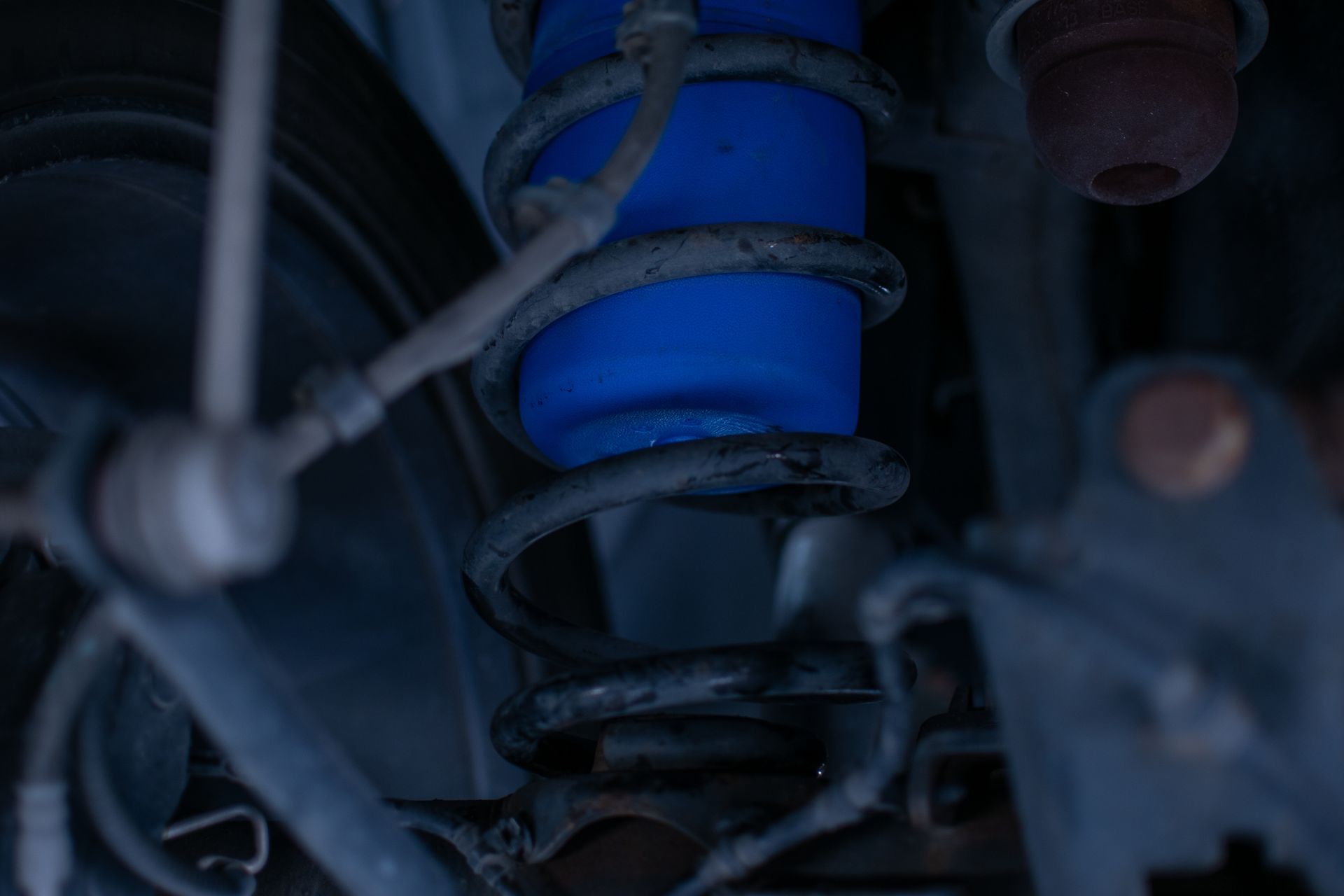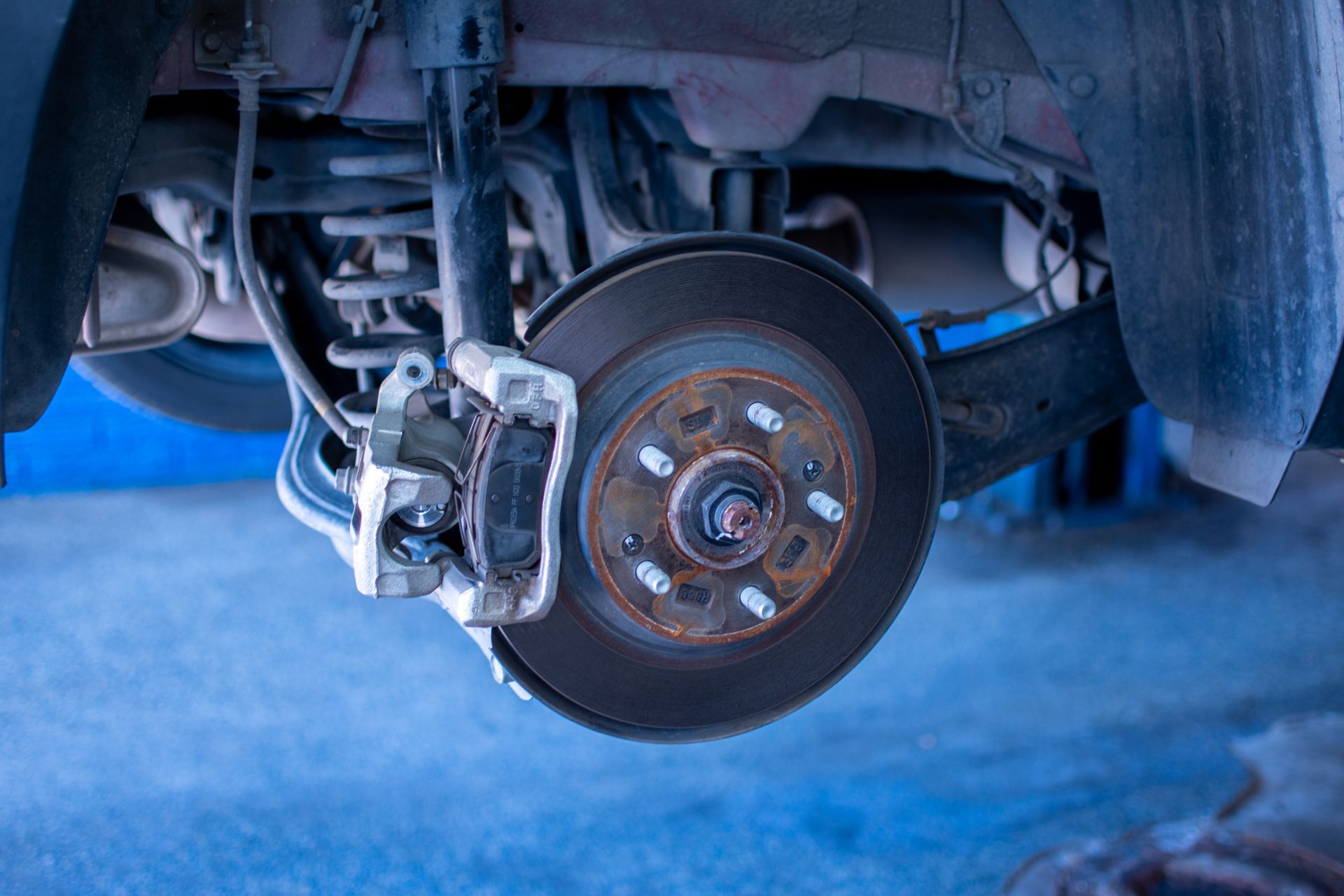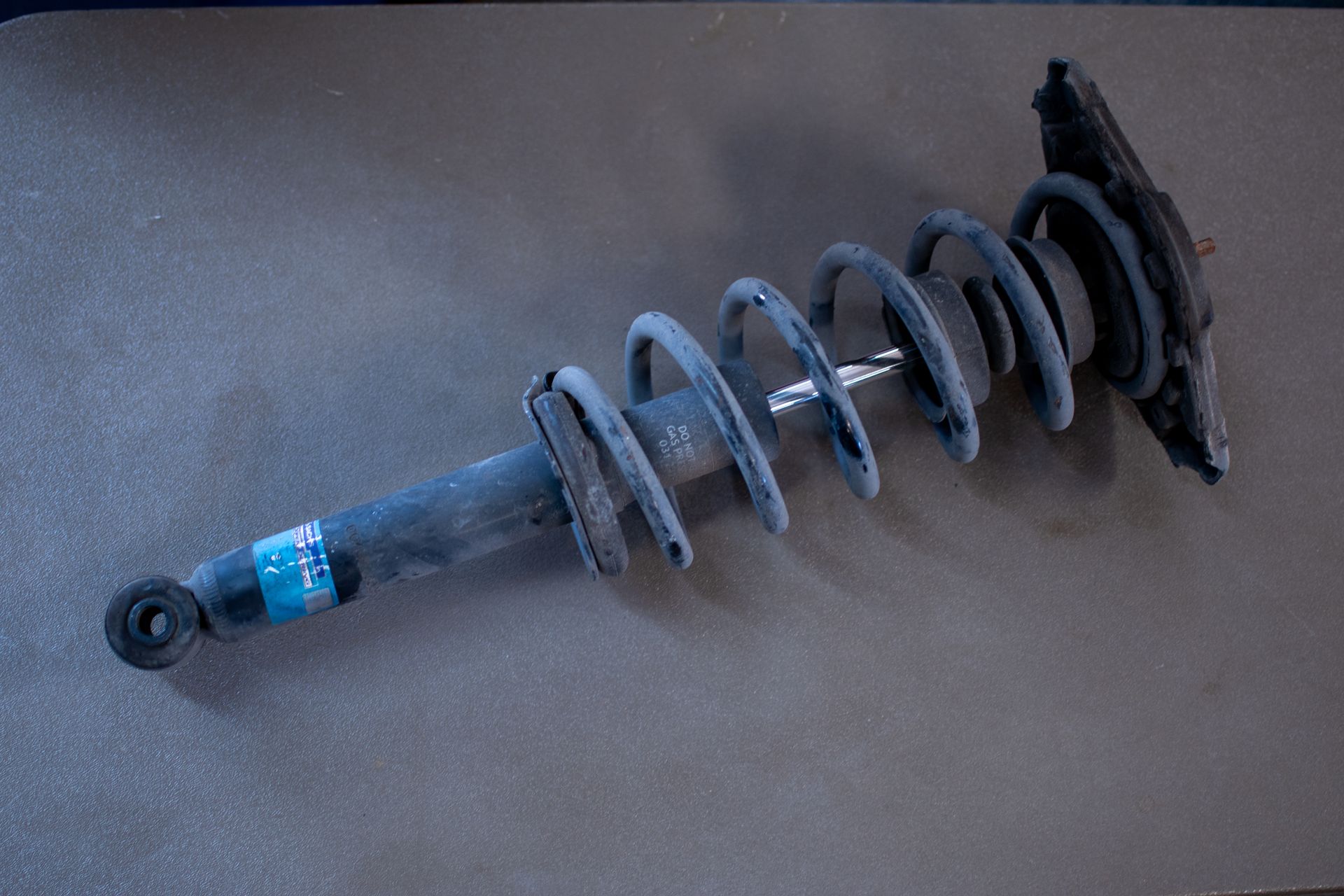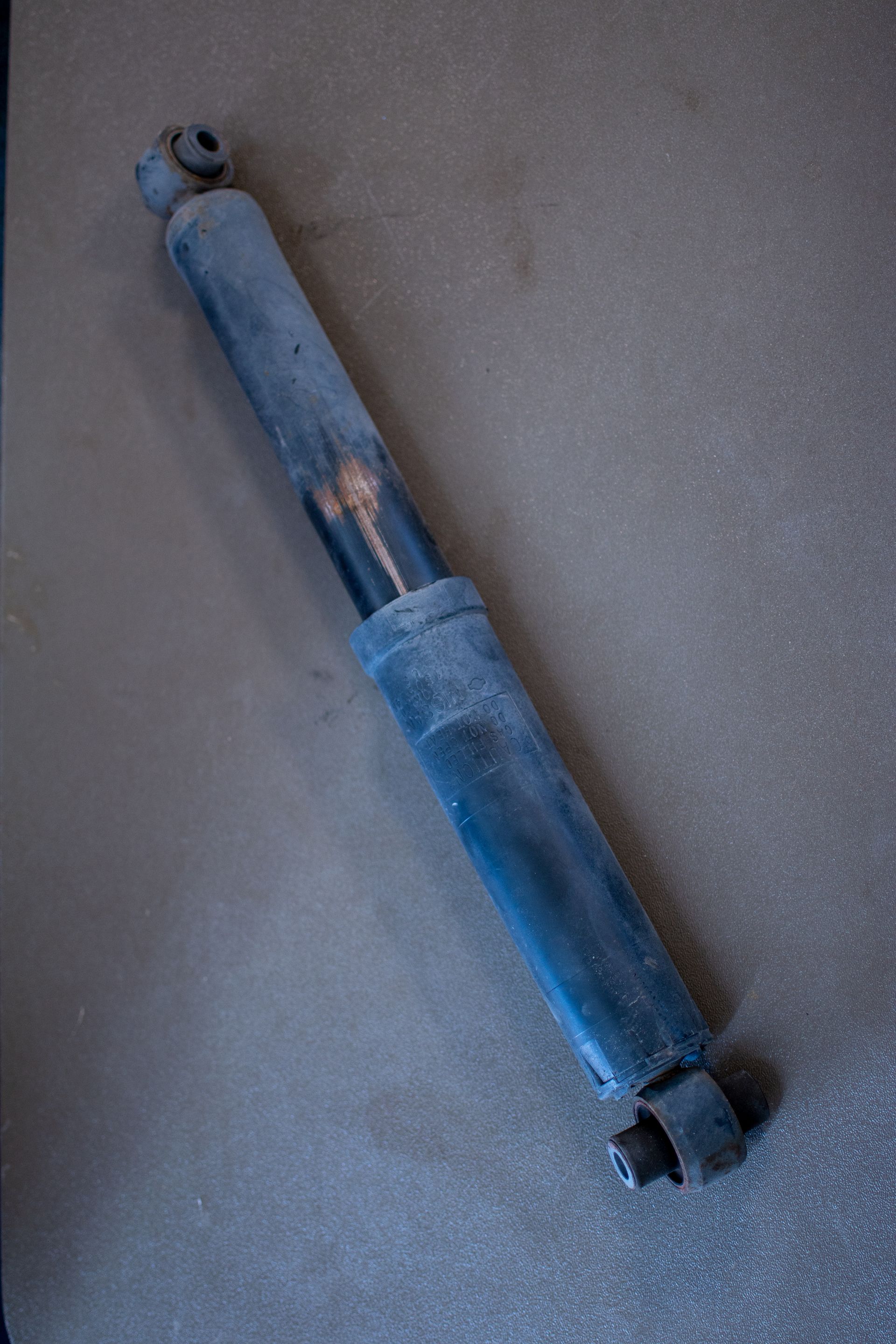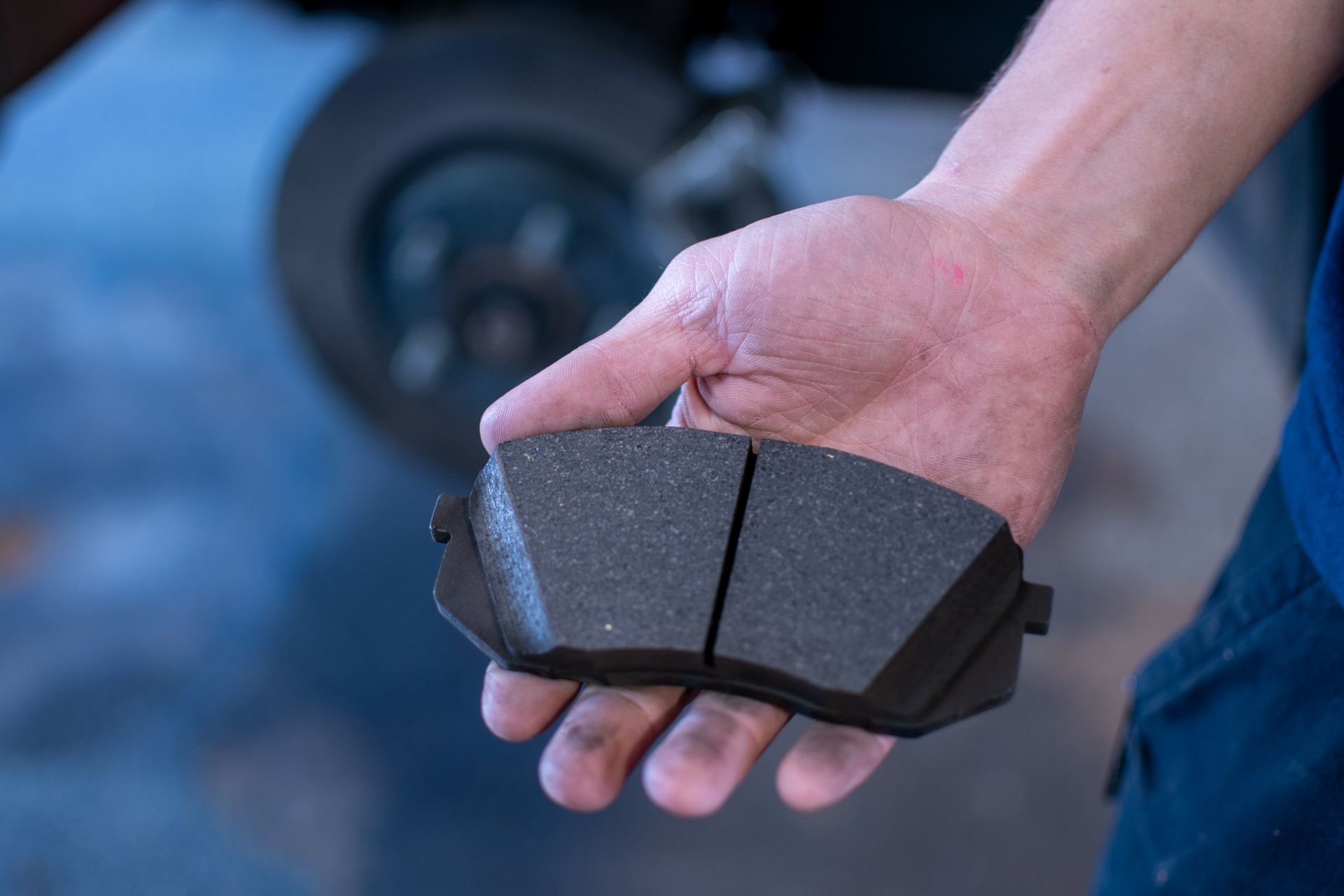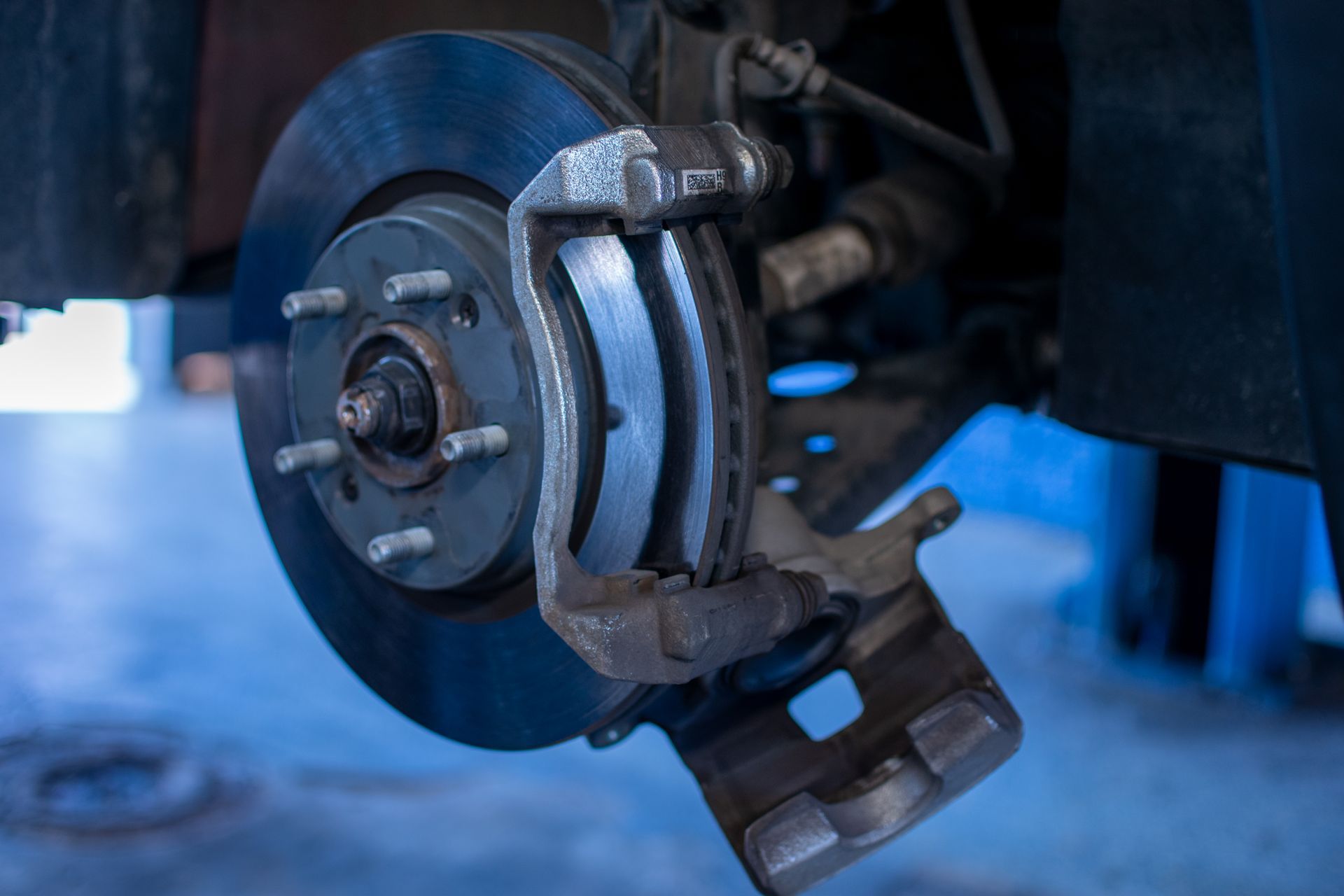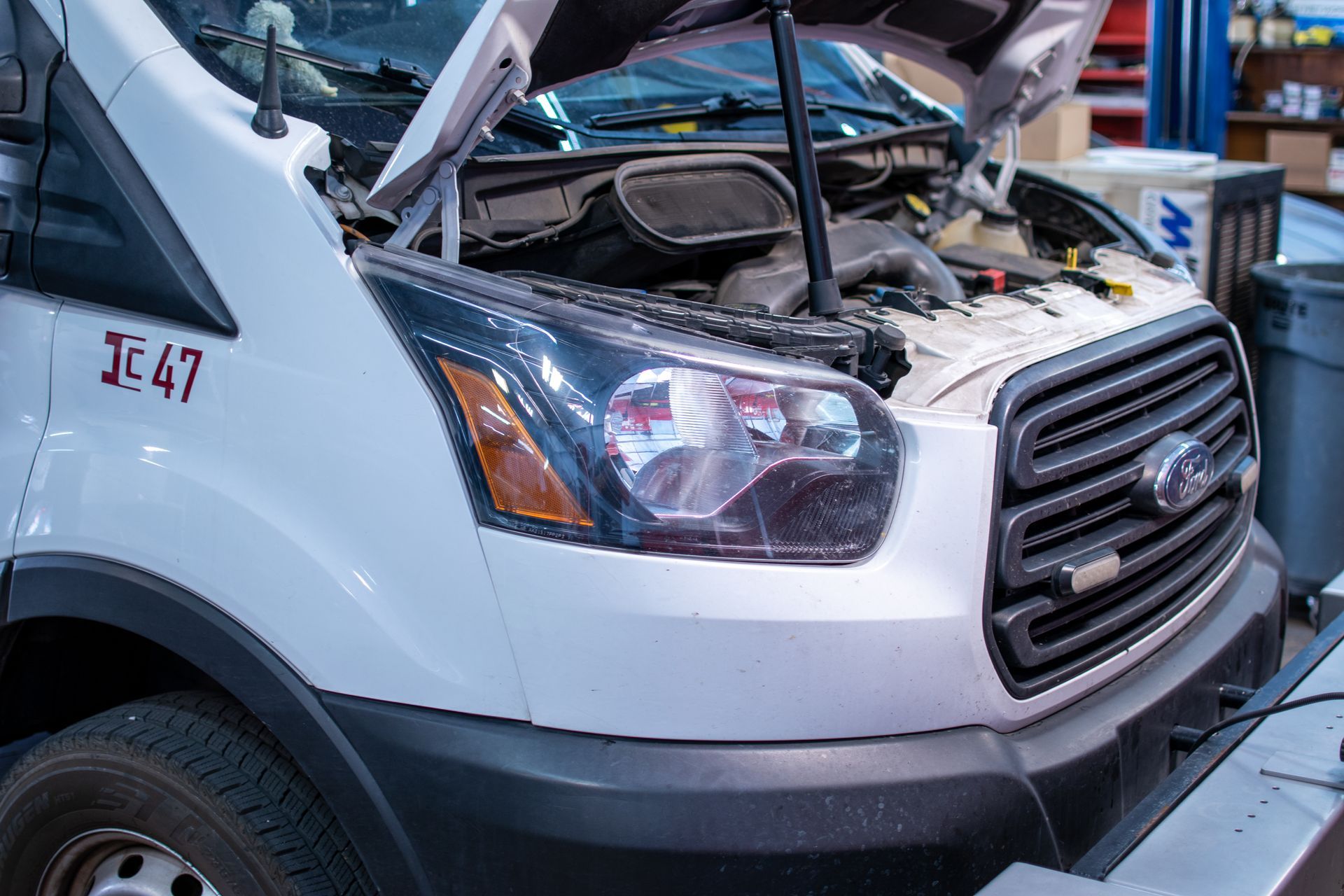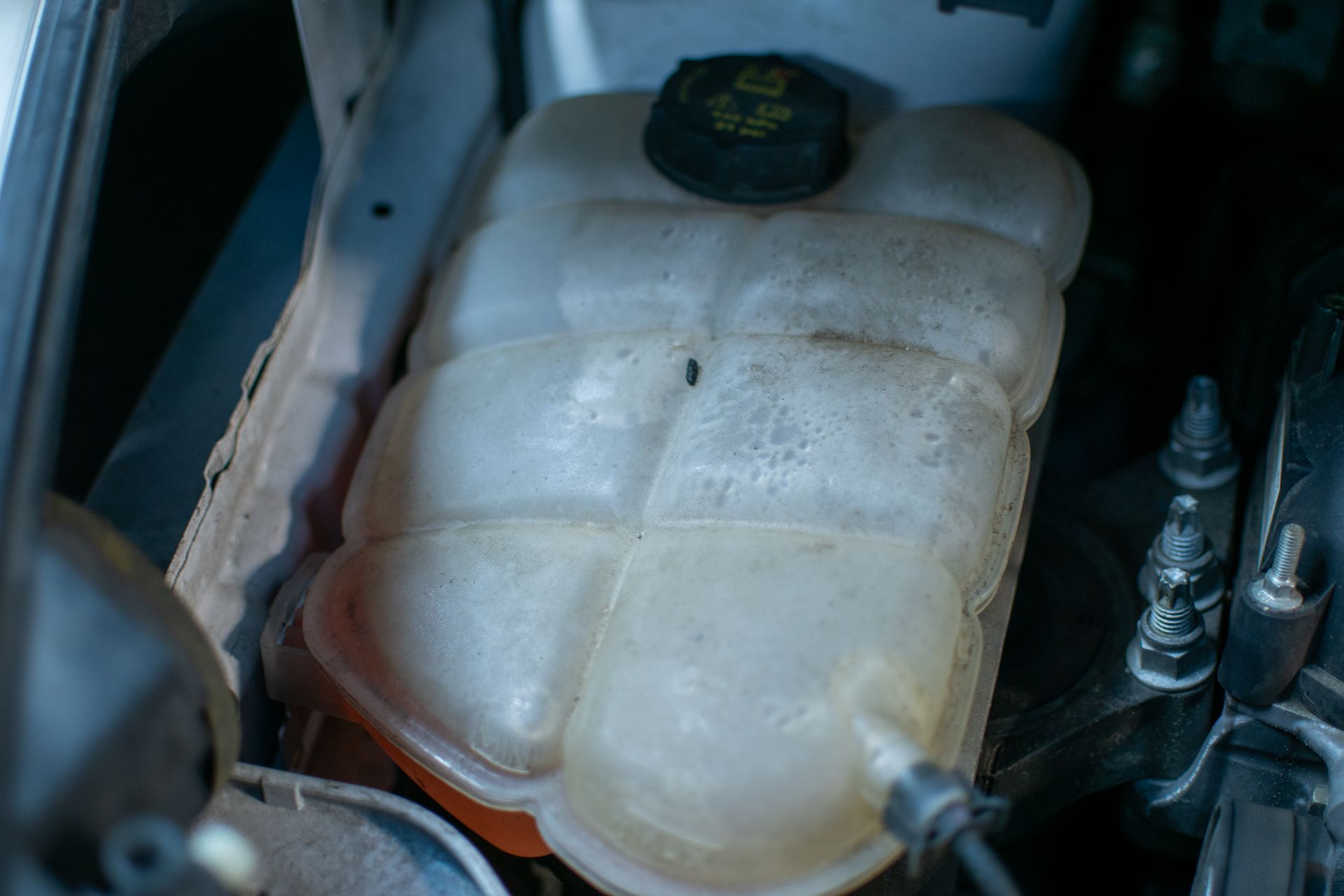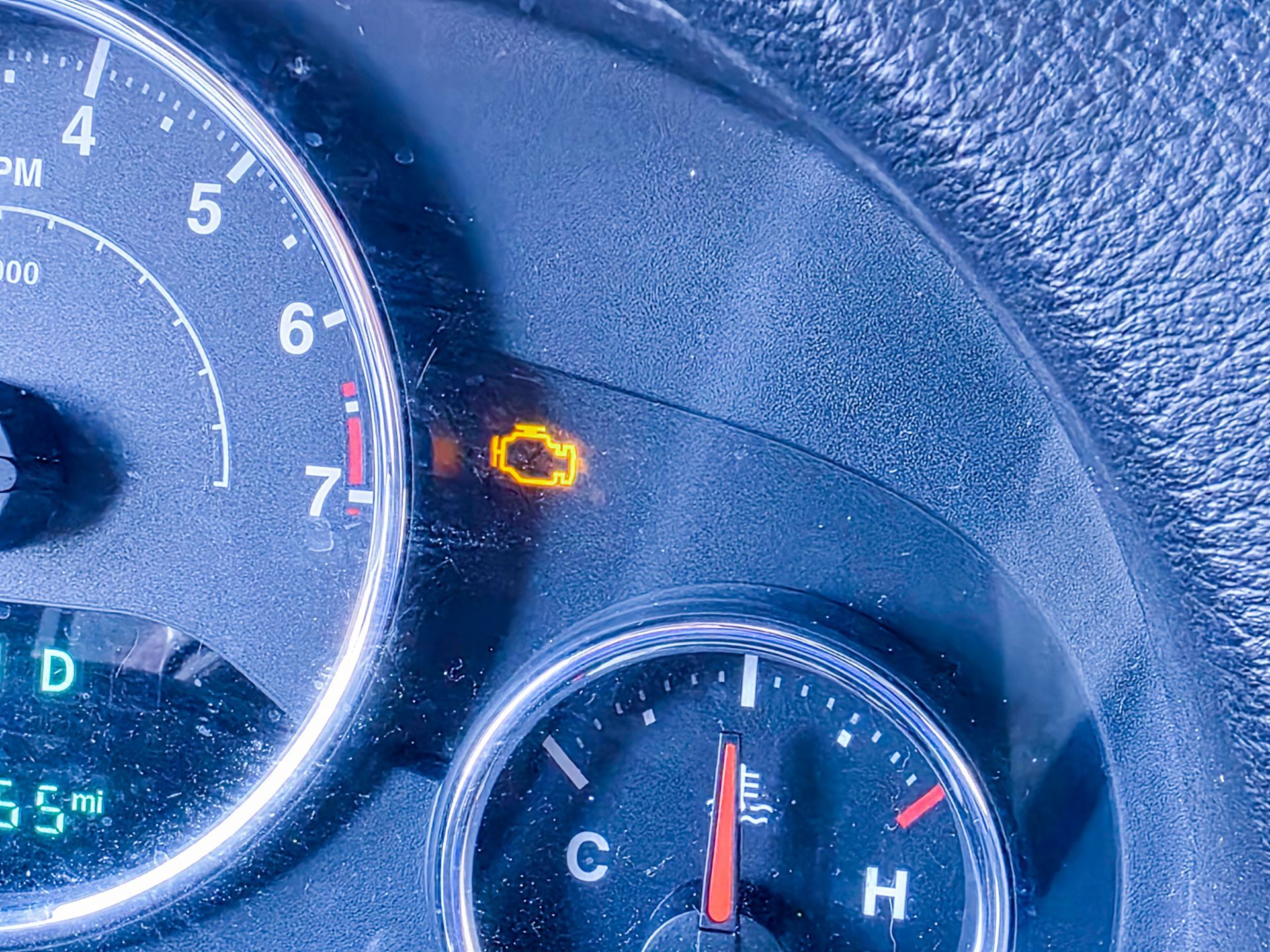The transfer case is a key component in four-wheel-drive (4WD) and all-wheel-drive (AWD) vehicles
It’s responsible for directing power from the engine to both the front and rear axles, helping your vehicle maintain traction and stability on various terrains. Knowing how the transfer case works and why it needs regular maintenance can help ensure your vehicle performs optimally and avoids expensive repairs.
The transfer case is a gearbox that sits between the transmission and the front and rear driveshafts. Its primary functions are:
Power Distribution
: The transfer case distributes engine power to both the front and rear axles, enabling your vehicle to drive all four wheels. This is essential for improving traction on slippery or uneven surfaces.
Gear Selection:
Many transfer cases offer different gear settings, such as high and low ranges. The high range is used for everyday driving, while the low range provides extra torque for off-road or challenging conditions.
Four-Wheel Drive Engagement
: In vehicles with manual transfer cases, you can engage or disengage four-wheel drive as needed. Automatic systems engage four-wheel drive when sensors detect a loss of traction.
Why Transfer Case Maintenance Is Important
Maintaining your transfer case is crucial for several reasons:
Preventing Wear and Tear
: Regular maintenance helps prevent excessive wear on the transfer case components, such as gears and bearings. This can extend the life of the transfer case and avoid costly repairs.
Ensuring Proper Function:
Proper maintenance ensures that the transfer case functions correctly, providing reliable power distribution and improving traction and stability.
Avoiding Breakdowns:
Neglecting transfer case maintenance can lead to sudden failures, which might leave you stranded and facing expensive repair bills.
Transfer Case Services and Maintenance
To keep your transfer case in good working order, here are some key services:
Transfer Case Fluid Change:
The transfer case relies on lubricant to operate smoothly. Over time, this fluid can become dirty or lose its effectiveness. Regularly changing the transfer case fluid helps keep the gears lubricated and prevents overheating.
Inspection for Leaks:
Check for any signs of fluid leaks around the transfer case. Leaks can lead to a low fluid level, which might cause damage to the internal components.
Gear Inspection:
During regular maintenance, have the transfer case gears inspected for signs of wear or damage. Early detection of issues can prevent more serious problems.
Noise Check:
Unusual noises, such as grinding or whining, can indicate problems with the transfer case. If you hear any unusual sounds, it’s important to have it checked by a professional.
Check Four-Wheel Drive Functionality:
Ensure that the four-wheel-drive system engages and disengages properly. If you experience any issues with the system, it’s crucial to get it inspected and repaired promptly.
Trust David’s Automotive Repair for Transfer Case Services
At David’s Automotive Repair, we understand the importance of a well-maintained transfer case. Our skilled technicians are here to provide expert transfer case services, including fluid changes, inspections, and repairs.
Located at 4915 Branch Hollow Dr, The Colony, TX, we are committed to keeping your vehicle running smoothly and efficiently. Call us at
972-625-1836
to schedule an appointment or to learn more about our transfer case maintenance services. Let us help you keep your vehicle in top condition with reliable and thorough care!
